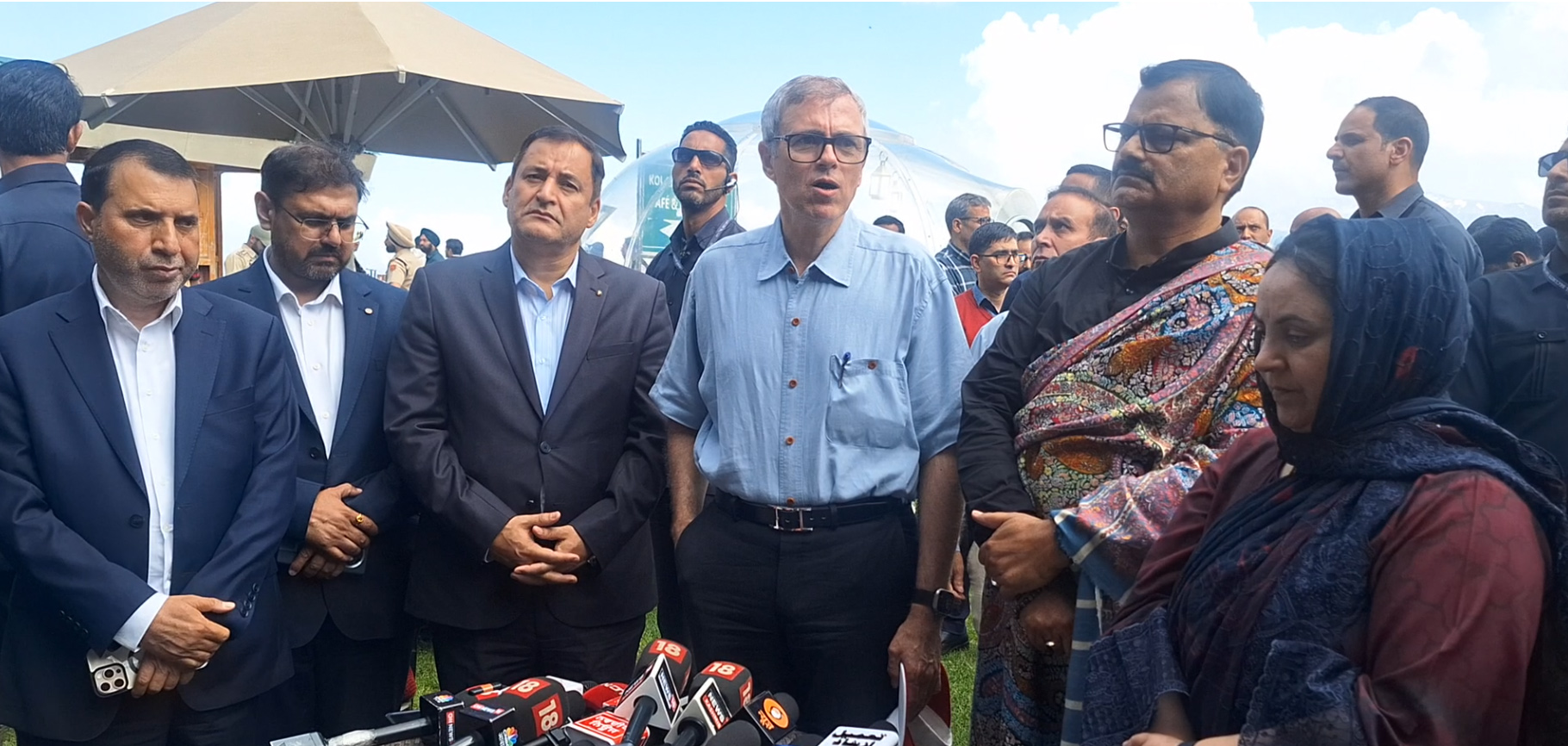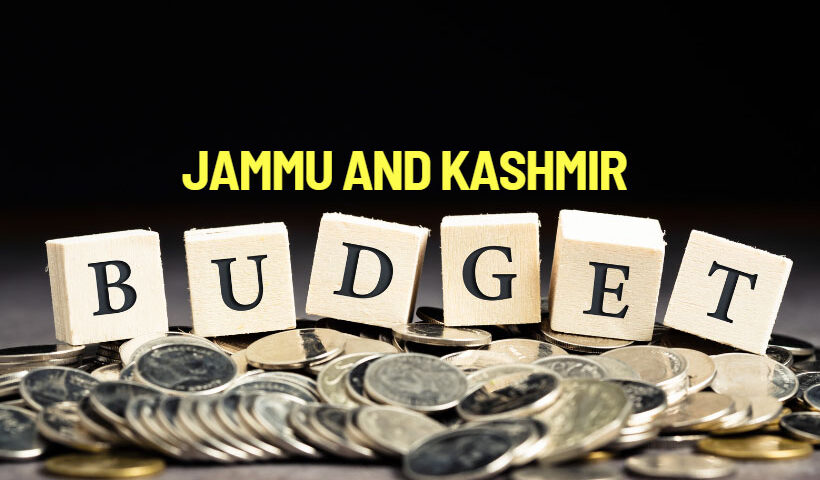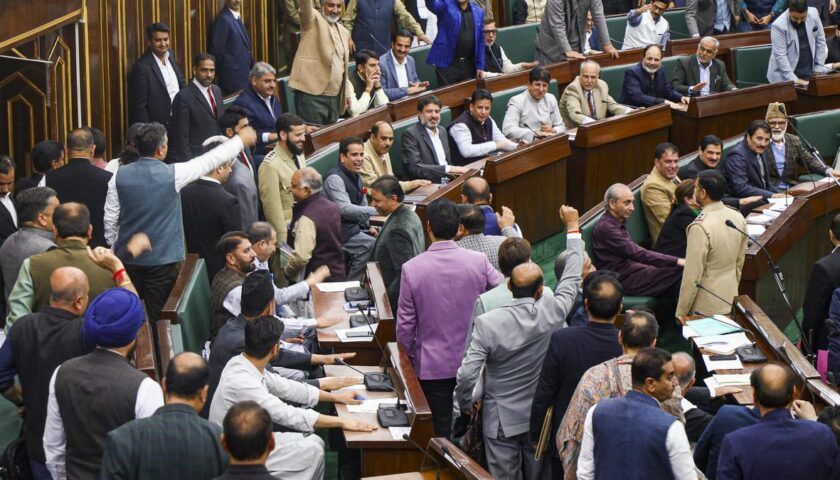A Region at the Crossroads
Despite ongoing security challenges, the demand for restoring Jammu and Kashmir’s statehood remains a defining feature of the region’s political discourse. In a powerful reaffirmation, Omar Abdullah—former Chief Minister and National Conference (NC) leader—emphasized that talks regarding the reinstatement of statehood remain active, even in the aftermath of the tragic Pahalgam terror attack.
Abdullah’s statement, made during a NITI Aayog governing council meeting, underscores the continued pursuit of political restoration and governance autonomy for the region. His remarks serve as a reminder that amid turbulence, the hope for statehood has not faded.
Key Highlights from Omar Abdullah’s Statement
1. Statehood Demand Presented to the Centre
At the recent NITI Aayog meeting, Omar Abdullah explicitly raised the issue of Jammu and Kashmir’s statehood. In his formal address to the governing council, which included Prime Minister Narendra Modi and key Union Ministers, Abdullah made a categorical appeal for the restoration of statehood.
2. Dialogue Unaffected by the Pahalgam Tragedy
Addressing public speculation, Abdullah clarified that the terror attack in Pahalgam—though tragic—had not derailed the political dialogue. “We won’t let violence sabotage our democratic aspirations,” he asserted.
3. No Assembly Debate Yet, But Talks Continue
While Omar Abdullah did not bring the statehood issue into a recent J&K Assembly session, he reaffirmed that behind-the-scenes talks with the Centre are ongoing. “The floor of the Assembly may not be the stage today, but the script is being written,” he said.
Historical Timeline: From Statehood to Union Territory
Pre-2019 Autonomy
Jammu and Kashmir held a unique status under Article 370, granting it a separate constitution, flag, and substantial legislative autonomy.
August 5, 2019: Article 370 Revoked
The Government of India abrogated Article 370 and bifurcated the region into two Union Territories: Jammu & Kashmir and Ladakh. This historic move changed the constitutional landscape and governance structure.
Political Fallout
The revocation led to the detention of major political leaders, internet shutdowns, and heightened public unrest. It also triggered a prolonged debate on the democratic rights and future status of the region.
Persistent Demand for Statehood
Leaders like Omar Abdullah, Mehbooba Mufti, and civil society groups have consistently called for the restoration of statehood, arguing it is essential for democratic governance and dignity.
Political Repercussions: Governance, Elections & Public Voice
1. Democratic Representation and Administrative Gaps
Post-2019, the absence of a fully empowered state legislature has raised concerns about the representation and accountability of governance in J&K. Bureaucratic rule, while efficient in some ways, lacks the emotional connect and local insight that elected governments provide.
2. Electoral Calculus
The Centre has hinted at holding elections in J&K, but without statehood, many regional parties have shown hesitance to participate wholeheartedly. Restoring statehood could catalyze broader participation and political normalization.
3. Public Sentiment
Surveys and grassroots outreach reveal that a significant portion of the population yearns for a return to statehood, associating it with dignity, development, and identity.
Legal and Constitutional Challenges
Can Statehood Be Restored Without a Constitutional Amendment?
Legal scholars remain divided. Some argue that statehood can be restored through a simple Parliamentary vote, while others believe it may require deeper constitutional scrutiny, especially if Article 370’s partial elements are to be revived.
Role of the Supreme Court
The apex court is currently reviewing several petitions regarding the abrogation of Article 370. Its final verdict may have lasting implications on the feasibility and form of restoring statehood.
Economic & Strategic Implications of Statehood Restoration
Investment Confidence
Statehood could serve as a beacon of stability, attracting both domestic and foreign investment. Investors seek predictable governance and legal clarity—a state government can provide that.
Tourism Sector Revival
The tourism sector, a backbone of the J&K economy, suffered due to both security issues and administrative shifts. Leaders like Omar Abdullah are actively engaging with stakeholders to bring back travelers.
Infrastructure & Development
Elected governments often channel funds more efficiently, reflecting grassroots needs. With statehood, J&K can expect better execution of central schemes and region-specific development agendas.
Expert Insights & Forecasts
Legal Scholars Speak
Dr. Faizan Wani, a constitutional law professor, notes: “Restoring statehood doesn’t violate the Constitution; in fact, it may reaffirm federalism.”
Political Strategists
Veteran analyst Yogendra Malik suggests: “The Centre must weigh electoral dividends against strategic concerns. But statehood is no longer a demand; it’s a necessity.”
People’s Voices
Street interviews from Srinagar to Poonch show a unanimous cry for identity, representation, and the power to decide their own future. “We are not just a territory; we are a people,” said a young voter in Anantnag.
What Lies Ahead: Key Questions
- Will the Centre act on Abdullah’s appeal?
- Can a phased approach to statehood ease tensions and ensure security?
- What role will civil society and youth play in this political journey?
- Can statehood foster unity in diversity in a post-370 Kashmir?
Bottom-Line: Between Hope and Uncertainty
Omar Abdullah’s bold reiteration at the NITI Aayog meeting is more than a political statement; it is a reminder that Jammu and Kashmir’s story is far from over. The region awaits a chapter that reintroduces democratic agency, cultural dignity, and economic promise.
The restoration of statehood is not just about political structure—it’s about rebuilding trust, restoring hope, and reaffirming the bond between the people and the democratic institutions meant to serve them.




